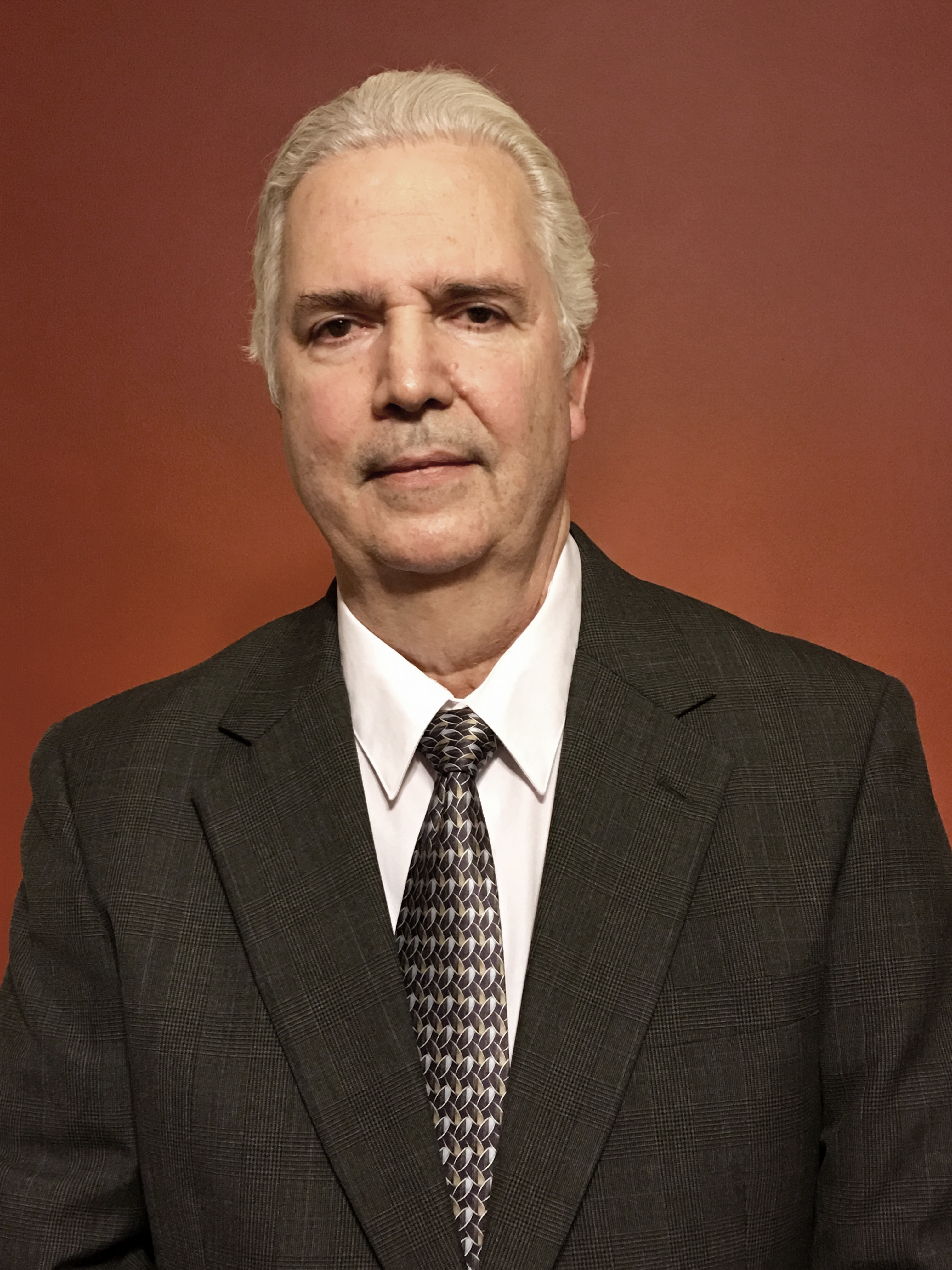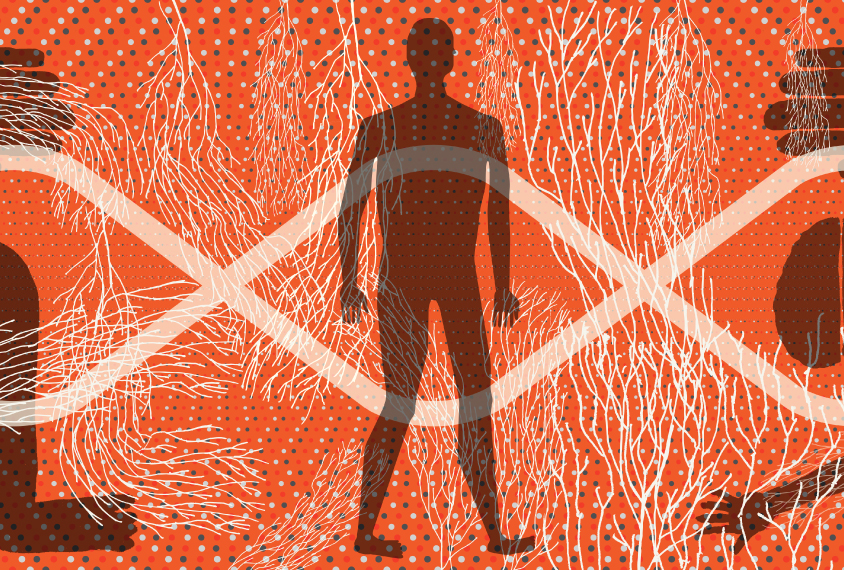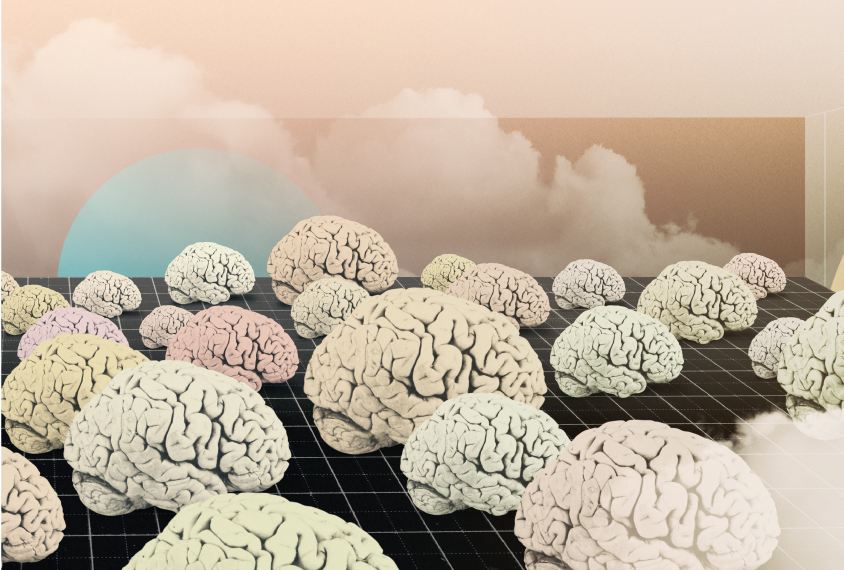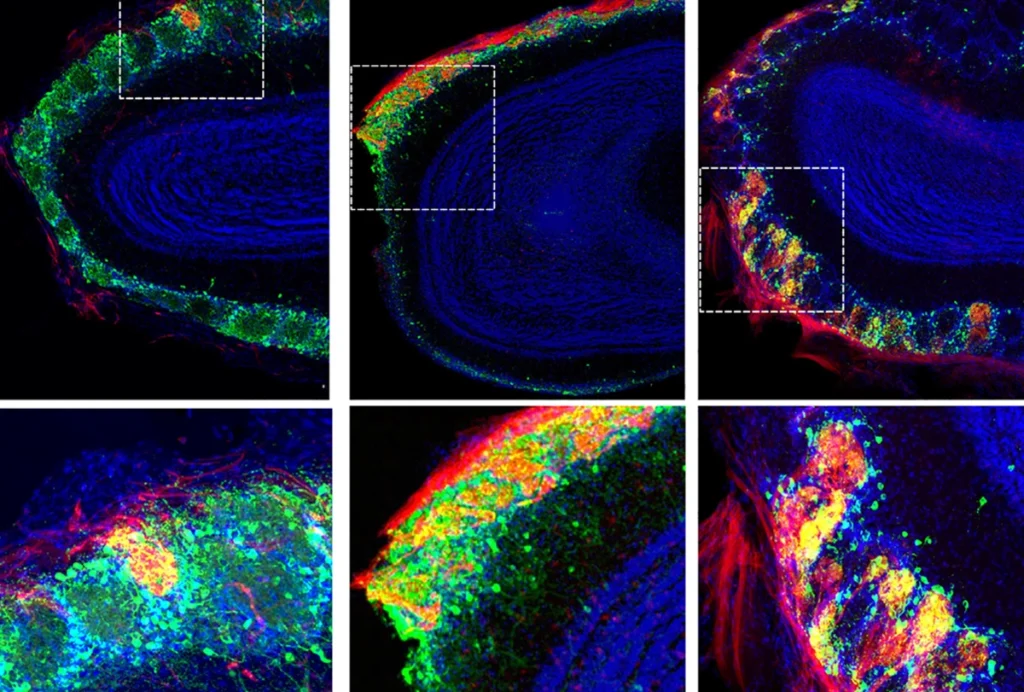Manuel Casanova is professor of biomedical sciences and SmartState Endowed Chair in Translational Childhood Neurotherapeutics at the University of South Carolina School of Medicine and Greenville Health System.

Manuel Casanova
Professor
University of South Carolina
From this contributor
How the autonomic nervous system may govern anxiety in autism
The branch of the nervous system that regulates subconscious bodily processes such as breathing and digestion may play a key role in autism.

How the autonomic nervous system may govern anxiety in autism
Analyzing postmortem brains for autism? Proceed with caution
Any study of postmortem brains must control for artifacts, which are pervasive in brain tissue.

Analyzing postmortem brains for autism? Proceed with caution
Explore more from The Transmitter
Rat neurons thrive in a mouse brain world, testing ‘nature versus nurture’
Neurons from the two rodents can wire up together to form functional circuits—all while maintaining some species-specific properties, two new studies show.

Rat neurons thrive in a mouse brain world, testing ‘nature versus nurture’
Neurons from the two rodents can wire up together to form functional circuits—all while maintaining some species-specific properties, two new studies show.
It’s past time to stop using the Reading the Mind in the Eyes Test
The widely used measure of “theory of mind” needs to be re-examined, along with the long-standing claim that autism is linked to a lack of this ability.

It’s past time to stop using the Reading the Mind in the Eyes Test
The widely used measure of “theory of mind” needs to be re-examined, along with the long-standing claim that autism is linked to a lack of this ability.
Robots boost data consistency in rodent studies reliant on mechanical, optogenetic stimulation
Two new devices take experimenter variation out of the equation, the lead investigators say.
Robots boost data consistency in rodent studies reliant on mechanical, optogenetic stimulation
Two new devices take experimenter variation out of the equation, the lead investigators say.